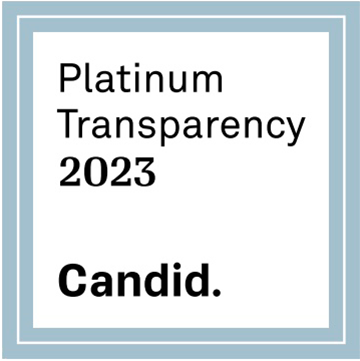Water Conservation Ordinances
Multi-tenant buildings such as apartment buildings, condominiums, and mobile home parks typically have a single master water meter for the entire structure. The property owner is billed for the water use, which is recovered as part of the set monthly rent or divided among all residents in some fashion and billed monthly, usually along with other fees (electric, gas, homeowners association, garbage, etc.).
When residents do not receive an individual water bill based on their water consumption, they lack important information about their actual use that would allow them to make informed conservation decisions, and there is little financial motivation to conserve water or fix leaks. Conserving water reduces the cost of the water bill, which can help keep the cost of rent and homeowners association (HOA) fees down.
To provide accurate water use information and a conservation incentive, individual units can be equipped with a “sub-meter” that records demand and can be used to bill the customer directly. Metered water customers have been found to use 15 to 20% less water than unmetered customers. Sub-metering requirements for new development for the purpose of conserving water can be mandated by municipal ordinances and codes. Sub-meters are more easily installed at the time of construction where they can be integrated into the building design, including the location of the meter, which is key. However, some communities offer incentives to retrofit existing buildings with sub-meters.
Sub-metering systems typically include a utility master meter read by the water provider with private sub-meters read and billed by the owner or a third party, like a management company. Communities can also investigate the option of direct metering by the water utility, which would remove the owner from the unit billing process and provide residents the benefit of directly connecting to utility programs and information.
Utilities may have concerns about fee collection from more transient rental tenants, but billing based on actual water use is more fair and equitable for the ratepayer and more accurately reflects the utility’s cost of providing service to individual customers.
Sub-metering needs to be supported by policies that are fair to residents. Because there is a lack of regulatory oversight for sub-meter maintenance, repair, and billing if it is the responsibility of the property owner or an HOA, there is the potential for neglect or billing problems.
Case Study: Denver, Colorado Sub-metering Ordinance #576
Denver passed an ordinance in 2004 requiring all individual dwelling units in new multi-family buildings be metered so that the water use by each unit could be recorded. Maintenance, repair, and reading of meters is the responsibility of the property owner. In addition, the ordinance required that there also be one master meter for the building to record the water use of the entire building. The responsibility for reading and billing that master meter belongs to the water utility, Denver Water.
After adoption of the ordinance, concerns were expressed by the Downtown Denver Partnership. These concerns included the lack of communication with the building community during development of the requirement and the estimated $500 to $3,000 per unit cost, which would have particular impact on affordable housing. However, others in the building community noted that sub-metering, or separate water billing, is fairly common in rental housing because passing on water costs to renters is accepted and saves landlords money (the Sierra Vista ordinance included in “Other Resources” has several sub-metering exceptions including for low income units).
In 2011, the City of Denver strengthened its commitment to sub-metering as a water conservation strategy by providing rebates of up to $40 for sub-meters installed in existing multi-family buildings and commercial multi-tenant buildings, and for irrigation and cooling tower sub-meters.
Model Ordinance
Amendment to Denver Building and Fire Code
Contact
City of Denver Development Services
Website: https://www.denvergov.org/content/denvergov/en/denver-development-services/help-me-find-/building-codes-and-policies.html
Email: developmentservices@denvergov.org
Phone: 720.865.2705
Additional Resources
- The University of Arizona Cooperative Extension Service provides community planning assistance and training, which can be found at this link.
- The Land Use Leadership Alliance (LULA) training overview can be found here.
- LULA Water Conservation and Building Regulations Matrix shows where water conservation measures can be integrated into comprehensive plans, codes and regulations.
- The Urban Land Institute provides expert panels through its Advisory Services on a variety of subjects including resiliency, sustainable development, and planning. The program can be viewed here.



